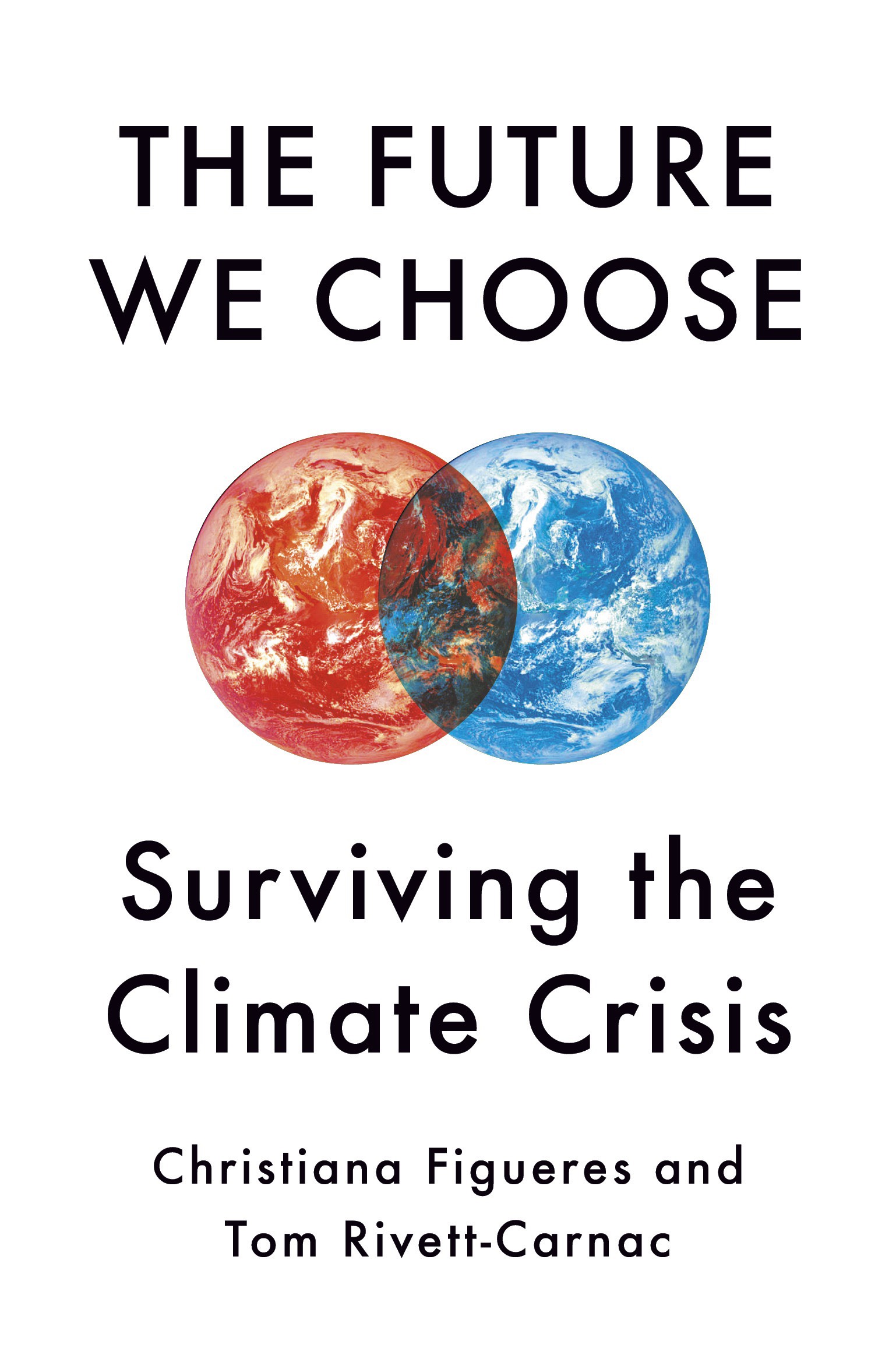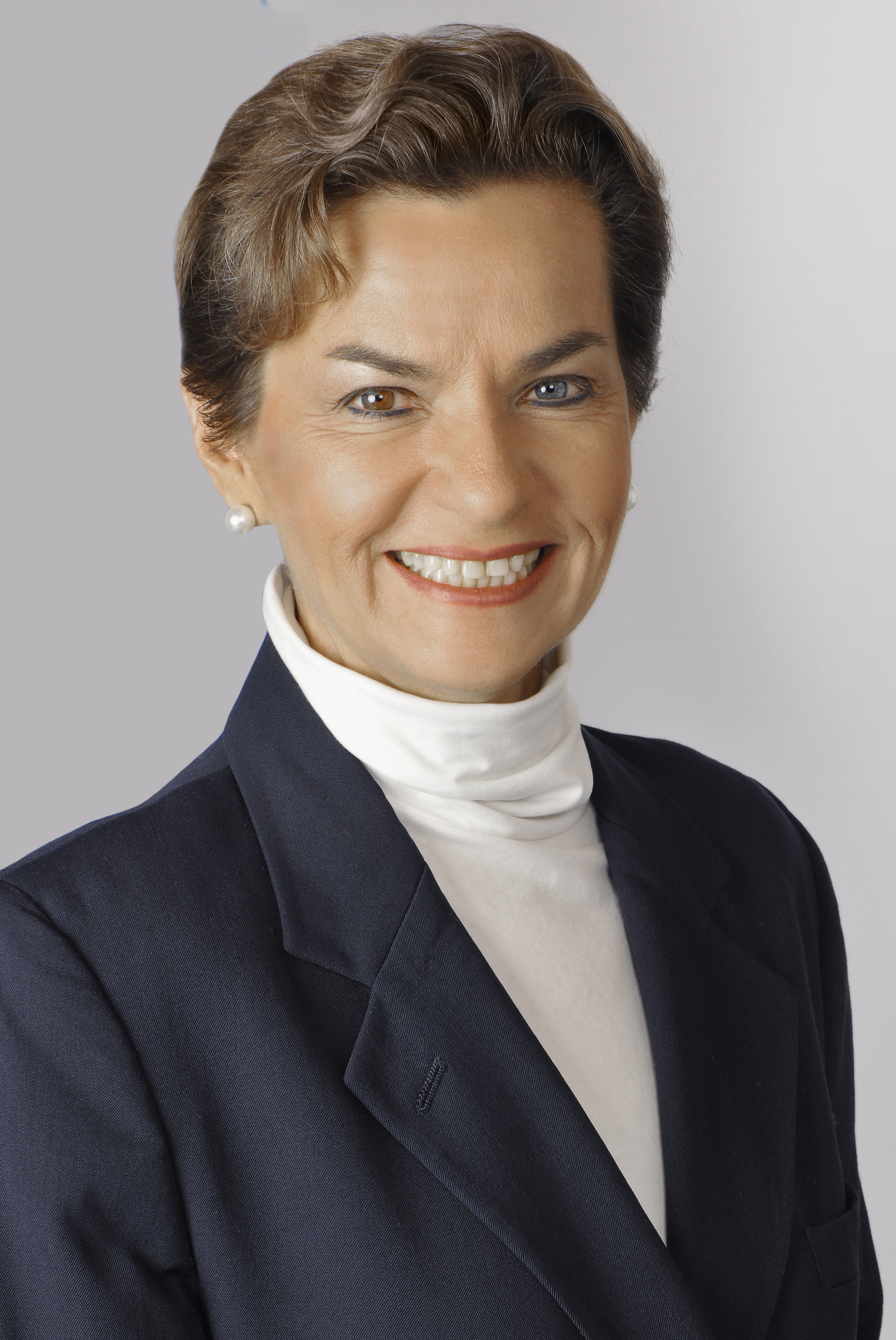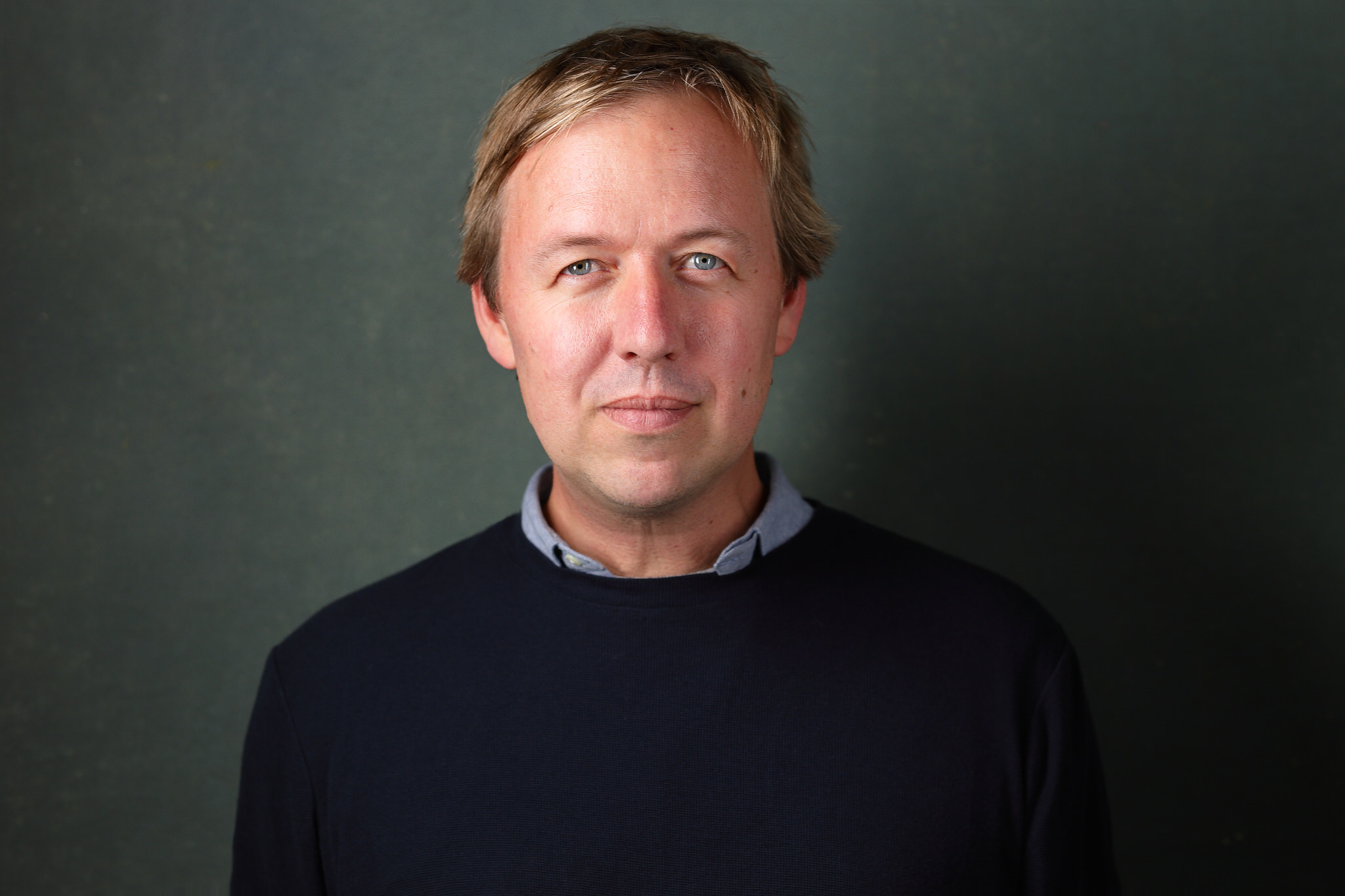The feeling that we have to compete with others to get what we want, or what we think we need, runs deep in each of us. Most of us have grown up under the stifling influence of the zero-sum paradigm, the notion that if one person wins, another one has to lose. (One person’s gain has to be “balanced” by another’s loss in order for the sum of all gains and losses to be zero.) The zero-sum paradigm has baked competition into our worldview. Without competition, we could not have achieved many of the great economic and social advances we have made over the centuries. And we will still need a healthy competitive edge to develop the new technologies that will help us address climate change. But when we allow competition to become the dominant feature of our decision making, we lose our grounding and start to see scarcity in places it may not even exist.
Few of us haven’t felt that rush of urgency and determination to get ahead of the crowd for a seat on the train or bus. It’s a feeling so ubiquitous that in some countries transportation companies have announcements reminding us to let passengers of the bus or train before attempting to board. But the drive to compete for a seat is sometimes so strong, the announcements cannot prevent people from pushing in first to claim their spot.
The frenzy that dominates in these scenarios doesn’t begin with our competitive impulse. It starts with the deeply ingrained perception of scarcity—the view that there is a limited amount of something regardless of what the reality may be. We are convinced that there is only one good seat, so we want to secure it before someone else does. Whether it is based on objective reality or not, our fear of scarcity elicits our competitive response, which in turn feeds our fear of scarcity in a self-reinforcing cycle.
The perception of scarcity puts us into a very small mental box. We can expand that box in either of two ways. First, we can realize that quite often the perception of scarcity is not objective but rather of our own making. We can climb out of the mental scarcity box by understanding that there are other seats on the train or bus, and that more buses are coming a few minutes later.
The second way is to decide to step away from the zero-sum paradigm, a rather odd construct when you think about it. Yes, the number of seats on the bus is limited. But another person’s gain does not necessarily have to be my loss. Perhaps giving my seat on a bus or train to another allows me to start an unexpected, delightful conversation. Maybe that simple act improves the other person’s day or adds joy to mine. Giving is well known to increase individual happiness, so my “loss” can actually become my “gain.” In fact, “my loss ↔ your gain” can actually become “our gain.”
It’s all about the mindset.
Our mindset is so powerful that it can convince us that a scarcity exists, throwing us into unnecessary competition and thereby objectively creating the scarcity we initially feared. For instance, Tucson, Arizona, is a desert community, and over the years the water has become more and more scarce. The Santa Cruz River, which used to flow freely through the community all year round, is now dry. Only twenty-eight centimeters of rain fall on Tucson each year. And perhaps because water has always been perceived as scarce in this region, the growing population, wanting more, has frantically pumped so much water from the ground that the water table has dropped by more than ninety-one meters. Trees and other vegetation, which used to line the Santa Cruz, died along with the river itself. The perception of water scarcity, which led to overpumping, then contributed to even greater scarcity, because bare (or paved over) land cannot easily absorb the little rain that falls—most of which is washed away.
Here’s the interesting part: the twenty-eight centimeters of rain that Tucson gets each year are actually more than the municipal water it consumes each year. Water was never measurably scarce, it was only perceived as being scarce. Tucson has plenty of water if you consider the abundance of the entire water cycle instead of focusing only on the amount in your well at any given time. When a resource is perceived as scarce but is in reality abundant (plenty of seats on a bus or enough rain for everyone), we have the option of reacting either in a narrowly competitive way or in a more broadly collaborative manner. How we react may be influenced by something as profound as our degree of personal self-awareness, or by something as simple as how we happen to be feeling that day. Our choice does not change any of the facts (how many seats there are on the bus or how much rain falls), but it does make a massive difference in the nature of our experience. And in many cases, when we collaborate, we have more rich experiences, not fewer.

Copyright © 2020 by Christiana Figueres and Tom Rivett-Carnac
Published by arrangement with Knopf, an imprint of The Knopf Doubleday Group, a division of Penguin Random House LLC
Follow us here and subscribe here for all the latest news on how you can keep Thriving.
Stay up to date or catch-up on all our podcasts with Arianna Huffington here.



